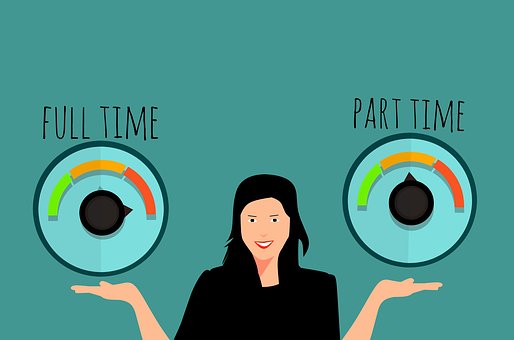The way consumers shop for goods and services has radically changed over the last decade, and legal services are no exception. Websites like Amazon, Google and Yelp and apps like Uber, OpenTable and Venmo are setting consumer expectations.
Needless to say, the legal industry is struggling to meet these expectations. Things that clients want—document sharing, pricing transparency, online payments—are yet to be incorporated in most law firms. And while many people find lawyers through an online search, most clients still find lawyers through referrals from friends and family, according to the Clio 2017 Legal Trends Report.
In a recent webinar, Clio Founder and CEO Jack Newton and discussed just a few things clients are looking for when hiring a lawyer. To attract more clients, law firms need to understand how consumers shop and ultimately purchase services, he suggested.
Here are three important takeaways from the webinar.
1 | Validation
It should come to no surprise that most clients base their hiring decisions on referrals from trusted sources. According to the Clio 2017 Legal Trends Report, 62 percent of legal services consumers get a referral from a friend, family member or another lawyers.
It makes sense. Legal engagements for the majority of citizens are infrequent but have a significant impact on their lives. Having a trusted source to refer and validate a hiring decision can ease concerns and help consumers make an informed decision.
But what happens when consumers cannot find referrals? How do they find lawyers? Again, it should come as no surprise that consumers turn to online search engines to find lawyers. What is surprising, though, is that the impact of referrals, even by complete strangers, still have a significant impact.
Consumers have been conditioned by sites like Yelp, Google and Facebook to expect quality online reviews and recommendations for products and services, Newton said. When they look for lawyers, consumers will look at various review sites for ratings and client testimonials.
It all boils down to the client experience and reputation. If a former client has a good experience, she will be more than happy to refer your services to a friend or colleague. Similarly, a good experience with your firm could generate a strong positive online review.
Takeaway 1: Through sites like Yelp, Google, Facebook and Avvo, lawyers can leverage positive client experiences to attract new leads.
2 | Responsiveness
After finding a law firm from a referral or web search, the most important factor in a prospective client’s hiring decision is responsiveness. Consumers are habituated to real-time communication, Newton said. If they submit an intake form or send an email, they expect a response in minutes, not hours.
The ability to convert consumers to clients is largely impacted by response time. According to one Clio study, a law firm that responds to an inquiry within the first five minutes is 10 times more likely to convert the inquirer to a client than another law firm that responds after just one hour.
This doesn’t mean that you have to be tied to your phone all day, however. Many law firms have begun outsourcing initial client responses to call centers, or use a chatbot to field initial questions. But leading law firms set expectations that the firm’s first line of contact respond to inquiries, Newton said.
Takeaway 2: Improving your firm’s response time is the most cost-efficient way to increase client conversions.
3 | Frictionless Interactions
Ever heard of “phone rage.” Apparently it’s a real thing. Younger consumers frequently report annoyance at having to use their phones to, get this, actually make phone calls. In fact, they would rather communicate with lawyers by text or email. Over 50 percent of consumers between the ages of 21 and 50 years old report they prefer web and mobile communication over phone calls, according to Clio data.
What does this mean for your law practice?
For starters, it means that a phone number on your website’s landing page just isn’t going to cut it anymore. Even an email form won’t do the trick. Consumers want lightweight modes of communication. Frictionless interactions. Why do you think more people prefer ordering a ride from Uber with a few clicks over calling a taxi company? If your firm is onboarding new clients by phone, then you are missing out.
But your firm does not have to be a leader in cutting-edge legal tech to deliver the kinds of seamless experiences consumers are accustomed to. It could be as simple as allowing consumers to complete an intake form online, then allowing them to schedule a consultation online. Other ideas include a secure online portal for document sharing, allowing clients to sign documents online and setting up an online payment system.
All of these capabilities are currently available on the market for law firms and can be integrated into almost any website.
Takeaway 3: Make it as easy as possible for a client to find you, contact you, sign documents and pay you.
While there are plenty of other factors that play into consumers’ decisions to hire one law firm over another, these three takeaways are cost efficient ways to give consumers what they are accustomed to when shopping for services online.
Clio’s 2017 Legal Trends Report also discusses the viability of billable hours and flat fees, case valuations, collections issues and geographic impacts on hourly rates. The full report can be found here.
Related articles:
5 Productivity Apps For Lawyers
Lawyers Only Bill 2.3 Hours A Day. What Happens To The Rest Of It?
Why Lawyers Need To Claim Their Avvo Profiles







